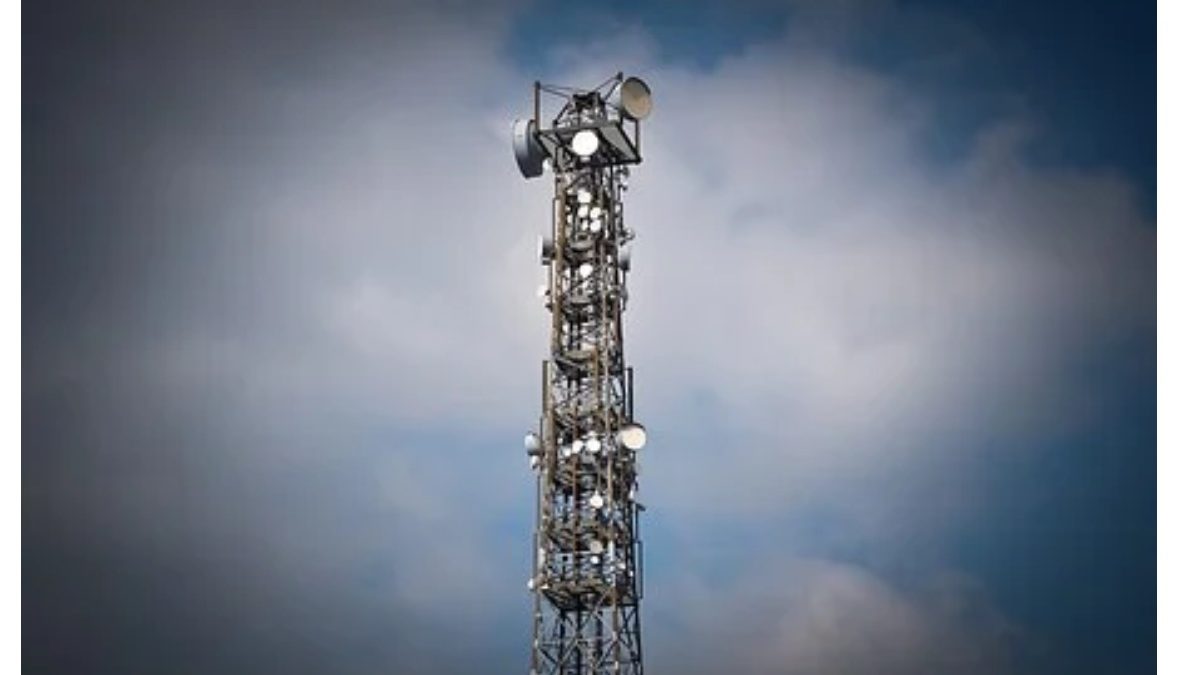You may have heard of Telcos Web3. It is being discussed as something that will change everything, as happened with 5G, Big Data, artificial intelligence, the metaverse, or the blockchain. Interestingly, Web3 has a bit of all of this. And like everything that has to do with the Internet, how important are telecoms in the arrival of Web3?
Telecoms or telecommunications companies are what make possible what we know as the Internet—both the physical and the virtual parts Telcos . We may be more familiar with Google, Microsoft, Apple, or Meta (formerly Facebook), as we consume their services and products daily. But the telcos also play their cards beyond their role as facilitators or providers of fiber optics, WiFi, or 5G
Web3 promises changes, for the better, in our way of relating to an essential part of what the Internet is—applying blockchain technology to the Web itself. Beyond its current applications, especially cryptocurrencies such as Bitcoin or Ethereum. Web3 emerges as an evolution linked to the Ethereum blockchain protocol, one of the most popular.
Table of Contents
New Services on a New Website
Although it remains to be seen what Web3 will be like, that is, we buy off plan, the promises made by its promoters will appeal to practically everyone Telcos . On the one hand, those who miss a more democratic, open, and participatory Internet. And on the other hand, those who search the Internet for an infinite space where they can trade and exchange products, services, and benefits.
To please both parties, Web3 promises to return to the origins of what the Internet should be. And that, in part, already is—a decentralized network of networks. However, Web3 seeks to go beyond the current physical infrastructure. Infrastructure is in charge of Internet providers and telecoms in general, both globally and regionally.
On the other hand, to access this Web3, we must have a digital wallet. Something controversial from those committed to an open and disinterested Internet beyond the commercial Internet we currently live with. However, this wallet concept promises to provide privacy and security to Internet users. Instead of being a name or a profile with personal data, you will be an alphanumeric code whose personal information is encrypted.
And in practice, individuals, companies, and public bodies will be able to enjoy services such as the metaverse. Artificial intelligence, cryptocurrencies, and other crypto products such as NFTs, the exchange of information without intermediaries. Virtual reality, and a long etcetera. Without leaving behind the services and products that we already enjoy in Web 2.0 with which we deal daily and in more and more areas of our lives.
Telecommunications and the Foundations of the New Web
Web3 will work on the same physical infrastructure as the current Internet. Servers, wiring, Internet providers… An ecosystem with a global reach that has been operating for several decades and currently allows services to be provided to all kinds of devices through wired or wireless connections.
The changes will come more from the virtual part. Current protocols will coexist with new protocols that will facilitate interactions between Web3 users via blockchain. Encrypted and decentralized connections for which a virtual infrastructure is already being create are necessary.
Providers such as Telefónica already have blockchain services on the Web3. Its Telefónica Tech division, for example, has long had its blockchain platform called trusts. Its benefits include traceability, tokenization, and certification focused on companies. Specifically, they provide “solutions based on hybrid technologies to take advantage of both the advantages of private networks (scalability, performance, secrecy. Support, etc.) and public ones (transparency, ease of creating open markets, interoperability, etc.).”
March, Telefónica Tech announced its association with Polygon, “one of the most relevant public blockchain networks. To use its network and tools to develop Web3 solutions”, as indicated in its press release. In practice, this means that “by taking advantage of Polygon ‘s scaling solutions, Telefónica Tech’s clients will be able to facilitate greater volumes of transactions with predictable costs and settlement times.”
In short, Web3 aims to give the user more decision-making power through technologies that. At the moment, seem very complicated to us. However, we will have a new ecosystem of services. Companies, and brands to use them—an ecosystem based on the encryption of everything we do on the Web. Naturally, we will find an ecosystem in which the current Internet giants, new players. And telecoms or telecommunications companies have provided us with Internet access for years.


